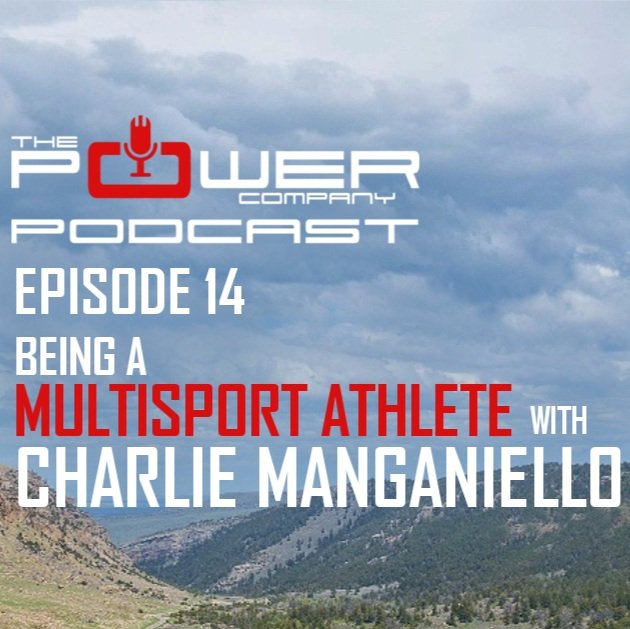An Epiphany.
While on my recent, first-time-out-since-October bouldering trip, I began mentally planning my final push toward Spring. Knowing that a full training cycle had been lost due to time spent on the house, I had to maximize the intensity of this training period. At the same time, I wanted to make the most of the time I could slip away to the boulders, and get that first V10 under my belt.

But.... is that even possible? Can you simultaneously be in an intense training cycle and realistically expect to perform your best? Doubtful. My first thought was "I've never really trained for a bouldering season... I'm always training DURING bouldering season. It's possible that I could boulder much harder if I timed my peak right." Soon that led to "If I'm spending time trying to perform during bouldering season, is that negatively impacting my winter route training?" Most likely.
The V9 I did on this last trip was power endurance oriented. In fact, all of my V9's, with the exception of one, have been all about power endurance. I'm essentially trading out half a week of training for performance in the same arena. Exactly a problem I've highlighted before. Shit.
Back to the drawing board. Easy fix. For now, I have to forego performing on the boulders in favor of keeping within the parameters of my training. If sends happen, great. If not, it's all part of the higher plan.
I'll still be making trips to the south. The difference is that now my outdoor goals will match my training. During my hypertrophy phase, I'll focus on working out the moves on V10's and 11's. V9's that don't suit my style will get the same treatment. Possibly even V8's that exploit a specific weakness. As long as there is a series of 1-3 moves that I have trouble with, it's fair game. For my max recruitment phase, it'll be about making links on these same problems. Come time for AE, I'll be making attempts at longer links. I may not send a single boulder for the rest of this winter, but I'll be ready to rope up when spring arrives.
Here is how the plan looks now. There are a few tweaks to make, some specifics to work out, and routines to dial in. It begins tonight. Let's get it.


Coach Blake Cash and I discuss our new Proven Plans, how they came about, where their value lies, and what we've learned from them.
Meghan Baker is a 43 year old mom (to a teenager), who works 50 hours a week, volunteers, and still makes time to train for climbing.
Trying to balance life with climbing is TOUGH WORK.
In this episode, I sit down with Charlie Manganiello, from ClimbStrong, to find out how we can all perform in multiple sports.
If you want to be better prepared this season, the time to start planning your training is NOW.
So we’ve talked about campusing, but how do we actually implement it?
I've gotten several questions about my schedule during my High/Low training so let's talk a little about how I created it.
For those that have never undertaken a project, it can be intimidating just to decide on the right route.
Arthur writes: I'm a month away from a climbing trip… What is the optimal program for overall climbing fitness?
My thoughts on training had gotten maybe too complicated. Too many exercises, not enough focus on the basics.
Can you simultaneously be in an intense training cycle and realistically expect to perform your best? Doubtful.
I've been friends with, climbed with, and offered training advice to Yasmeen Fowler for several years.
After much deliberation over a list of about 25, I've decided on the 5 ways I see experienced climbers derail their progression.
In a sport as complex as climbing, can you even begin to train simply? You can, but you have to boil it down to specifics.
Despite the fact that the climbing I most often do is steeped in endurance, I can never have too much power.
I've said it before... you have to change up the routine to see results.
Over the past few years I've learned many secrets about how to train more efficiently as a weekend warrior.
A climber since 1994, Kris was a traddie for 12 years before he discovered the gymnastic movement inherent in sport climbing and bouldering. Through dedicated training and practice, he eventually built to ascents of 5.14 and V11.
Kris started Power Company Climbing in 2006 as a place to share training info with his friends, and still specializes in working with full time "regular" folks. He's always available for coaching sessions and training workshops.


















“Learn how to train, then train hard, then train smart. Most people will never have to go past step two.”